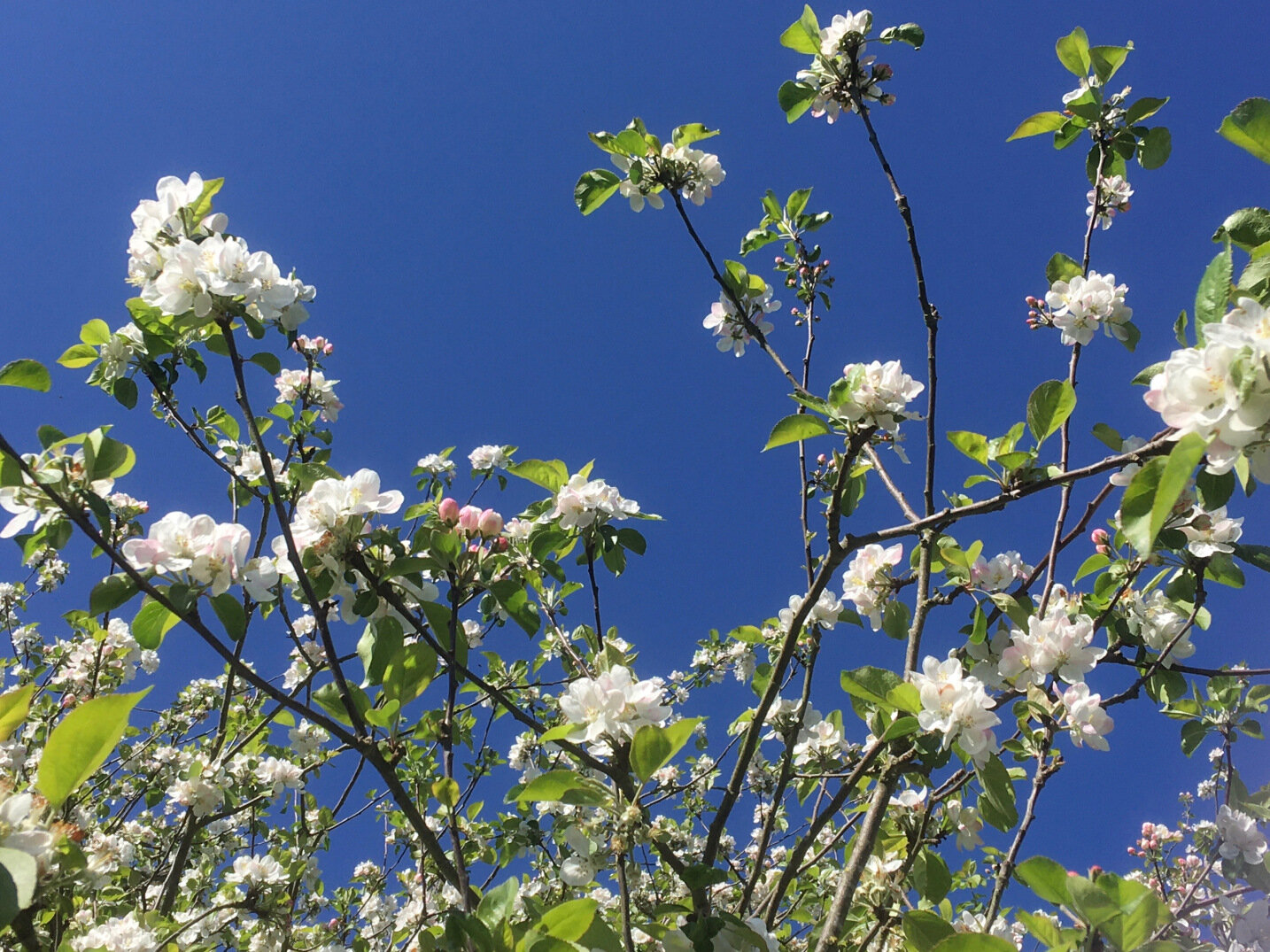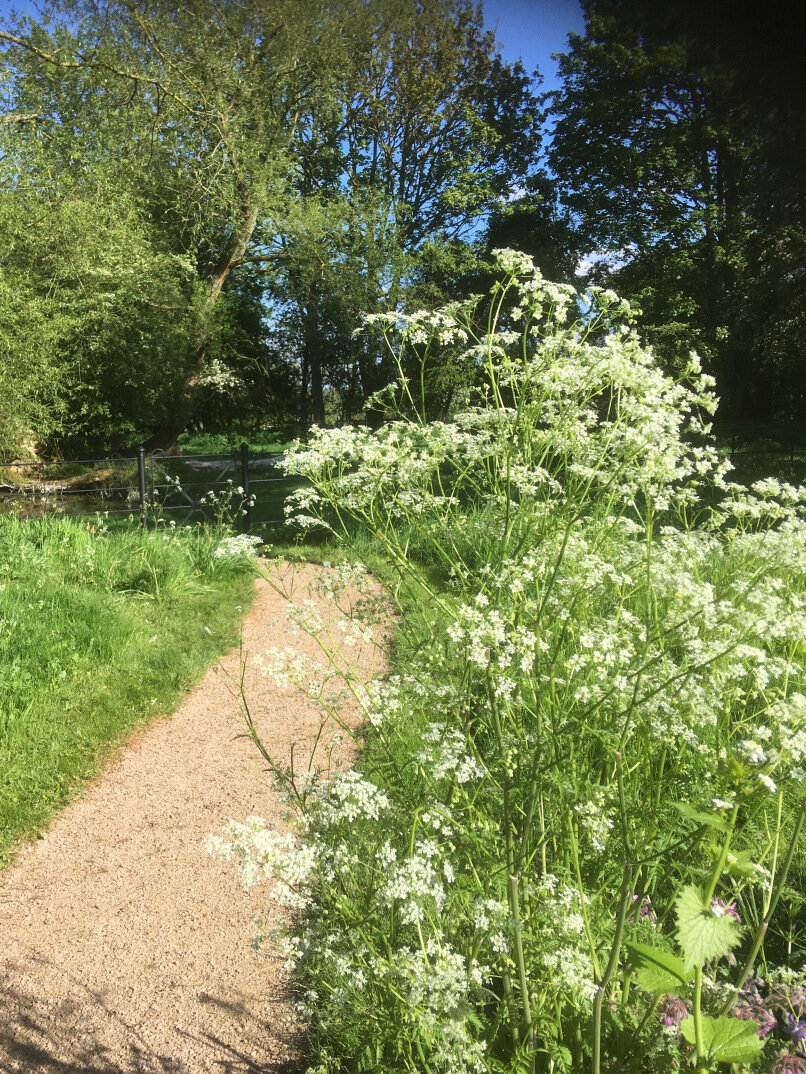Small publishing in the time of COVID
By Sarah Johnson, Partner in The White Horse Press
This piece was originally publsihed in the White Horse Press Blog
I am sitting looking out of my study window at a red kite sweeping across the brightest blue sky to its nest in a Scots pine tree; cow parsley is in its full frothy glory in the field, blossom is humming with bees and the lime and ash trees are dressed in the new-minted green that epitomises an English rural May. But this is a May the like of which none of us has known. The American naturalist Edwin Way Teale wrote of the season’s joyfulness and energy: ‘All things seem possible in May’, but now we are living amid the impossible. The spectre of COVID-19 stalking across the globe, anxiety for our loved ones and colleagues throughout the world, the pressures of home-schooling children and the deep foreboding about socio-economic consequences that seem likely to spiral out for years to come … all this is cruelly at odds with that azure sky and the indifferently joyful tweeting birds.
One aspect of pandemic living isn’t new to me. The White Horse Press is an extremely small family business and the three partners (me and my parents, who founded the Press thirty years ago) have always worked from our respective homes (though before now I haven’t been beset by grumpy husband, eight-year-old in constant need of support with schoolwork and an increasingly irked cat). Three partners covering tasks from editing to design, finances to liaison with the endless faceless bodies one has to liaise with; three distinctly middle-aged computers; a single figure number of faithful and skilled freelancers; a dedicated team of essentially volunteer academic editors; enthusiastic and diligent authors; and a few hours’ work a year by an accountant are the sum of what lies behind the whole publishing operation at The White Horse Press. Perhaps leaving aside the accountant, and the computers, I’m privileged to call many of these people my friends. For thirty years we have published journals and books on environment and society that are respected and enjoyed by many; within a small niche, we are well-known and we have done our best to evolve with the times and maintain the highest standards (Environmental Values and Environment and History have impressive Impact Factors in their fields) without ceding control of the business and its vision. This gives us an integrity that I’m proud of, and also virtually no protection when times get bad.
Several large publishers have been trumpeting from the hills about what they have done to make their content freely available during the pandemic. We rely on our modest sales (we are talking about a few hundred units per title) to pay the bills. We are acutely aware that library budgets are going to suffer even more as a result of the likely far-reaching economic crisis and our fear is that, when this is over (will it ever, really, be over?) the largest publishers, able to operate economies of scale and orchestrate attractive marketing campaigns, will claim an even larger slice of an even smaller pie. Offering freebies now to libraries that are staring down the barrel of deep funding cuts is not wholly altruistic, I suspect – Samuel Moore writes in a blog on Open Access that in many parts I disagree with, that the largest commercial academic publishers, ‘In controlling the majority of academic journals … will be able to price journal packages in a way that makes them attractive to cash-strapped institutions, giving them a competitive advantage over the smaller publishers, not-for-profits, monograph publishers, and so on.’
We can do little but watch market forces in action. We can’t afford to give away our content for nothing (the cat would be even more irked if placed on short rations). We’ve always believed that charging authors to publish is undesirable, though we offer them that choice where their institutions and funding bodies demand it. Whilst trying to be agile as the publishing climate evolves, we have stuck to our belief that the traditional subscription model is the least worst option. Maybe that will change, but, for now, if subscriptions plummet because libraries are enticed to sink all their decreasing budgets into bundles from the mega presses, WHP and other small independents like us will suffer, and I really believe the scholarly community at large will become the poorer.
If only a dozen readers of this badgered their libraries NOT to let that WHP subscription lapse, maybe to try out another of our journals while they were at it … If only a few persuaded a library to start a new subscription … Perhaps they could order a book on the side … These would be green shoots worthy of ‘the merry month of May’. Librarians are human, and often appalled at the choices funding cuts and changing habits of consumption force on them; sometimes they are able to exercise discretion. If you would rather see a world where small publishers are able to thrive, to inject diversity and a human touch; please plead with your libraries not to freeze us out.
The White Horse Press is a partner with ICEHO in providing an inspiring space for reflections in our “Notes from the Icehouse”—published in each issue of Global Environment: A Journal of Transdisciplinary History—and granting free digital access to Underwriters and Supporters of the Icehouse.



